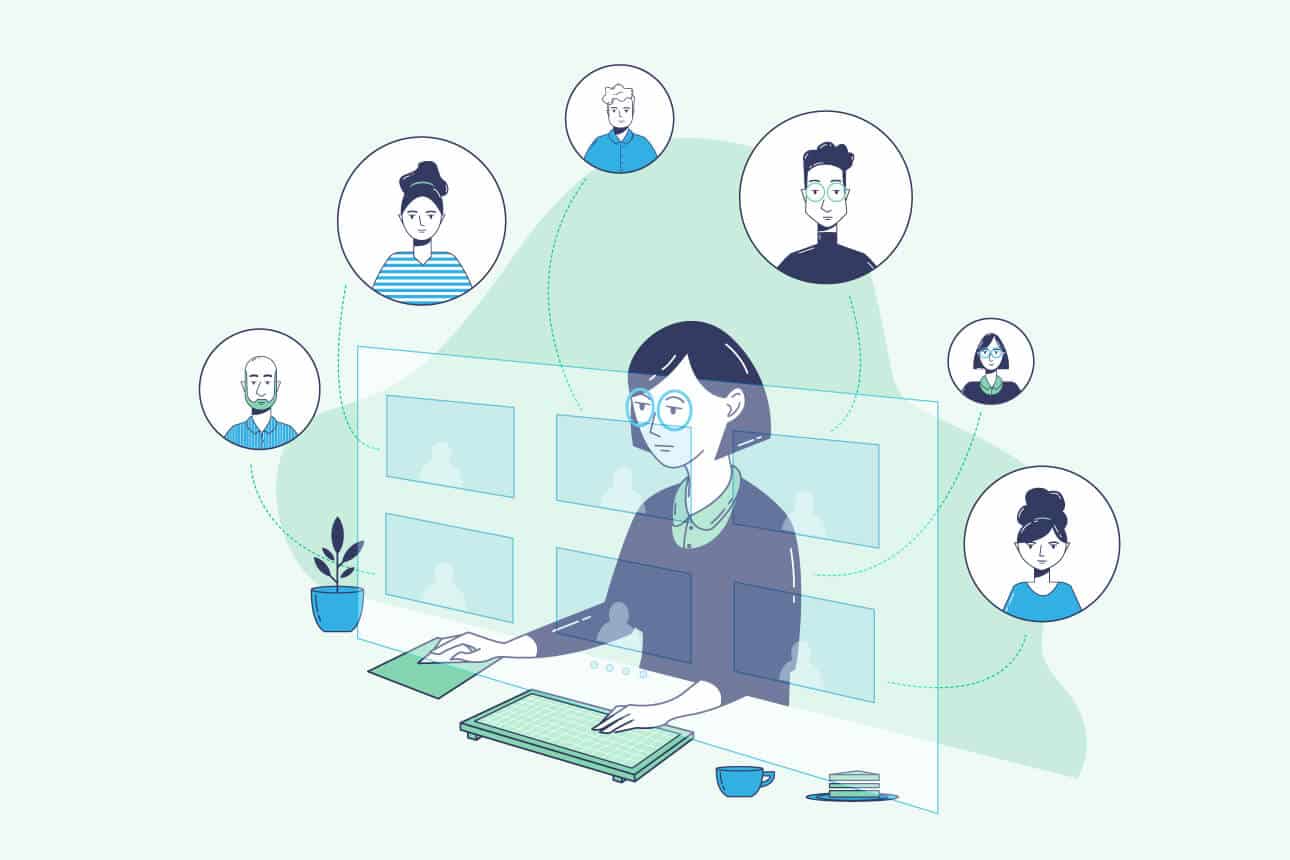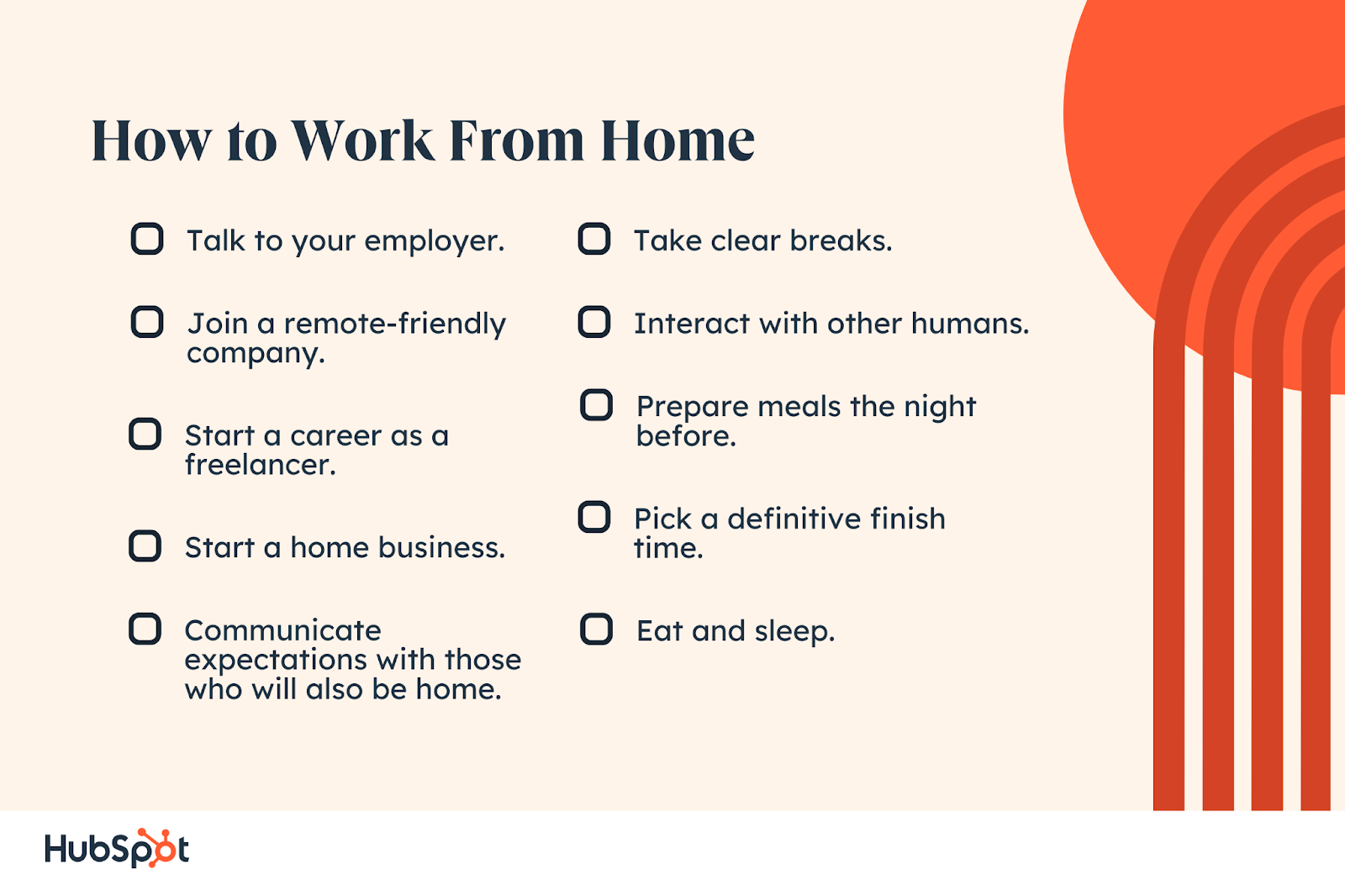Work from home opportunities have changed the employee mindset in current times, leading to a shift in how employees view their work and work-life balance. The flexibility and autonomy of remote work have altered traditional perceptions of productivity and job satisfaction.
Employees are now seeking a better work-life balance, improved mental well-being, and increased job satisfaction. The shift towards remote work has also prompted employees to prioritize flexibility, autonomy, and technology in their work environment. As a result, employers are adapting their policies and practices to accommodate these changing employee preferences.
This shift in mindset has also highlighted the importance of effective communication, collaboration, and work-life integration in the new remote work landscape.

Credit: debeaumont.org
The Rise Of Work From Home
With the recent global shift in work culture, the rise of work from home opportunities has significantly impacted the employee mindset. This change has brought about a paradigm shift in the way individuals perceive and approach their professional lives. Let’s delve into how this transformation has unfolded in the current times.
The Shift From Office To Remote
The traditional notion of work being confined to a physical office space has undergone a remarkable transformation. Employees are increasingly embracing the flexibility and convenience offered by remote work arrangements. This shift has not only redefined the conventional work setup but has also influenced the way individuals balance their personal and professional commitments.
Technological Advances Enabling Remote Work
The advancement of technology has played a pivotal role in enabling and optimizing remote work opportunities. With the seamless integration of communication tools, project management platforms, and virtual collaboration software, employees can effectively carry out their tasks from any location. This technological progression has not only facilitated remote work but has also enhanced productivity and efficiency in a virtual work environment.

Credit: sloanreview.mit.edu
Employee Mindset Evolution
As work from home opportunities become more prevalent, the employee mindset has undergone a significant evolution.
Prioritizing Flexibility Over Routine
Employees are now valuing flexibility in their work arrangements over rigid routines.
Redefining Work-life Balance
Employees are redefining work-life balance to accommodate remote work demands.
Impact On Productivity
The shift towards remote work has brought about a change in the employee mindset, impacting productivity in various ways. With the flexibility of work from home opportunities, employees have become more efficient, focused, and motivated to deliver their best work.
However, the lack of physical interaction and increased distractions can also affect their productivity.
Productivity Gains And Losses
Impact on Productivity In the current times, work from home opportunities have reshaped how employees approach their tasks. Productivity Gains: – Flexibility in work hours boosts productivity. – Reduced commute time allows for more focused work. – Comfort of home environment enhances efficiency. Productivity Losses: – Distractions at home can lead to decreased output. – Lack of face-to-face interaction may hinder collaboration. – Difficulty in separating work and personal life affects productivity.The Role Of Self-motivation
Self-Motivation is crucial for maintaining productivity while working remotely. – Setting daily goals helps in staying motivated. – Regular breaks prevent burnout and sustain productivity. – Creating a dedicated workspace fosters a productive mindset.Altered Expectations And Demands
In the current times, the work from home opportunities have significantly altered the expectations and demands of employees. This shift has prompted a reevaluation of traditional work arrangements, leading to a push for remote work options and the need to negotiate new work terms.
The Push For Remote Work Options
With the rise of work from home opportunities, employees are increasingly seeking remote work options as a standard part of their employment. The ability to work from home has become a crucial factor for many individuals when considering job opportunities, leading to a heightened demand for flexible work arrangements. This push for remote work options has reshaped the way employees perceive the workplace and has prompted organizations to adapt to this evolving mindset.
Negotiating New Work Terms
As work from home opportunities continue to reshape the employee mindset, individuals are negotiating new work terms that accommodate their evolving expectations. This negotiation process involves discussions on flexible schedules, remote work policies, and the integration of virtual collaboration tools. Employees are asserting their preferences for a work environment that aligns with their lifestyle and productivity needs, leading to a transformation in traditional work arrangements.
Mental Health And Well-being
Working from home has brought a significant shift in the mindset of employees, especially when it comes to mental health and well-being. The remote work setup has both positive and negative impacts on the overall mental wellness of employees.
Stress Reduction And Mental Health
The flexibility of working from home has proven to be beneficial in reducing the daily stressors that come with commuting and adhering to strict office hours. Employees can structure their workday according to their personal rhythms, leading to improved mental health and decreased stress levels.
Establishing a work-life balance has become more attainable for many remote workers, enabling them to prioritize self-care and family time, resulting in a positive impact on their mental well-being.
The Isolation Challenge
However, the lack of daily in-person interactions with colleagues and the feeling of isolation can pose challenges to mental well-being. Employees may struggle with feelings of loneliness and disconnection, which can contribute to heightened stress and anxiety levels.
Employers must actively promote social connections through virtual team-building activities, regular check-ins, and creating a supportive virtual community to mitigate the negative effects of isolation.
Corporate Culture And Community
In the current times, the rise of work from home opportunities has significantly impacted the employee mindset. Corporate culture and community have shifted as remote work fosters flexibility and work-life balance, leading to a more autonomous and adaptable workforce. This change highlights the importance of communication and connection in a virtual work environment.
Building Virtual Teams And Culture
Maintaining Connection And Collaboration
The Future Of Workspaces
The shift to remote work has significantly altered the employee mindset, creating a preference for flexibility and work-life balance. As a result, the future of workspaces is likely to include hybrid models that cater to this new mindset, integrating both in-person and remote work options seamlessly.
The Future of Workspaces Hybrid Models Taking Center Stage Long-term Workplace Transformations In the current times, work from home opportunities have reshaped the employee mindset, impacting the future of workspaces. Hybrid Models Taking Center Stage Hybrid models are gaining prominence in the workplace, blending remote and in-person work seamlessly. Employees now value flexibility and autonomy in choosing where and how they work. Long-term Workplace Transformations Workspaces are evolving to accommodate remote work trends for the long term. Employers are reimagining office layouts to promote collaboration and innovation. Overall, the shift towards remote work is revolutionizing traditional notions of workspaces.
Credit: www.facebook.com
Adapting To The New Normal
As the work landscape has undergone a significant shift, the concept of working from home has become the new norm. This change has brought about a shift in the mindset of employees, leading to the need for upskilling and a focus on policy changes and legal considerations.
Upskilling For Remote Work
With the transition to remote work, employees are required to adapt to new technologies and tools. Upskilling has become essential to enhance productivity and efficiency while working from home. Employees are seeking opportunities to acquire new skills such as digital communication, time management, and remote collaboration to thrive in the virtual work environment.
Policy Changes And Legal Considerations
Employers are reevaluating their policies to accommodate the shift towards remote work. This includes considerations for data security, confidentiality, and workplace safety in a virtual setting. Legal implications related to remote work, such as compliance with labor laws and tax regulations, are also being addressed to ensure a smooth transition to the new work setup.
Frequently Asked Questions
How Does Working From Home Affect Employees?
Working from home can impact employees’ work-life balance, productivity, and mental health. It offers flexibility but can lead to feelings of isolation and difficulty in separating work from personal life. Communication with colleagues may also be challenging. Employers should support remote workers with proper resources and regular check-ins to address these issues.
How Has Working From Home Changed Your Life?
Working from home has brought flexibility, reduced commute stress, improved work-life balance, and increased productivity.
How Has Remote Work Changed The Workforce?
Remote work has changed the workforce by enabling employees to work from anywhere, reducing the need for physical office space, and increasing flexibility. It has also allowed companies to access talent from anywhere in the world, resulting in a more diverse workforce.
However, it has also created new challenges for communication and collaboration.
How Does Working From Home Affect Your Psychological?
Working from home can affect your psychological well-being by causing feelings of isolation, stress, and blurred work-life boundaries. However, it can also provide flexibility and reduce commute-related stress, positively impacting mental health. Maintaining a routine, staying connected, and taking breaks can help alleviate psychological challenges.
Conclusion
As remote work becomes the norm, employees embrace flexibility and improved work-life balance. The shift in mindset towards productivity and autonomy is evident. This change brings new opportunities for personal growth and efficiency. Companies and individuals alike are adapting to a dynamic work landscape with enthusiasm and resilience.



